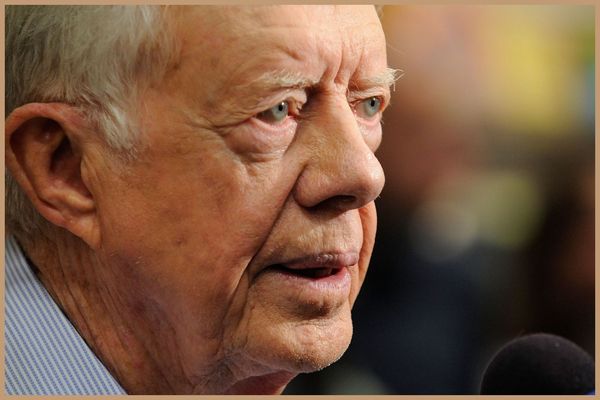Alerting an accused by sharing with him information about arrest, FIR and allegations in a money laundering case would defeat the very purpose of the law, the government argued in the Supreme Court on Wednesday.
Arguing before a three-judge Bench led by Justice A.M. Khanwilkar, Solicitor-General Tushar Mehta, for the government, said "the very purpose of the Prevention of Money Laundering Act is lost when the accused is alerted".
Mr. Mehta reiterated that money laundering was considered globally as a "transnational" crime along with narcotics and terrorism.
In the previous hearing, Mr. Mehta had said the legislative intent against sharing the enforcement case information report or ECIR with an accused was meant to prevent them from wiping out evidence, which is anyway hard to get, with the "click of a button".
The Solicitor-General had highlighted how people accused of money laundering run to small nations with no extradition treaty with India where they can buy citizenships.
The Centre was responding to a batch of petitions before the court alleging that the PMLA had evolved as the government’s ‘hatchet’ law in recent years, considering the series of raids and arrests of politicians, their relatives and activists.
The petitioners have drawn attention to the frequency and timings of these raids and arrests. They have highlighted the unease caused by the almost blanket powers given to the ED for search, seizure, investigation and attachment of assets considered to be the proceeds of crimes listed under the PMLA. They argued that the process under the PMLA has itself become the punishment.
The court has said the national economy was the ultimate victim of money laundering which affects all citizens alike.







